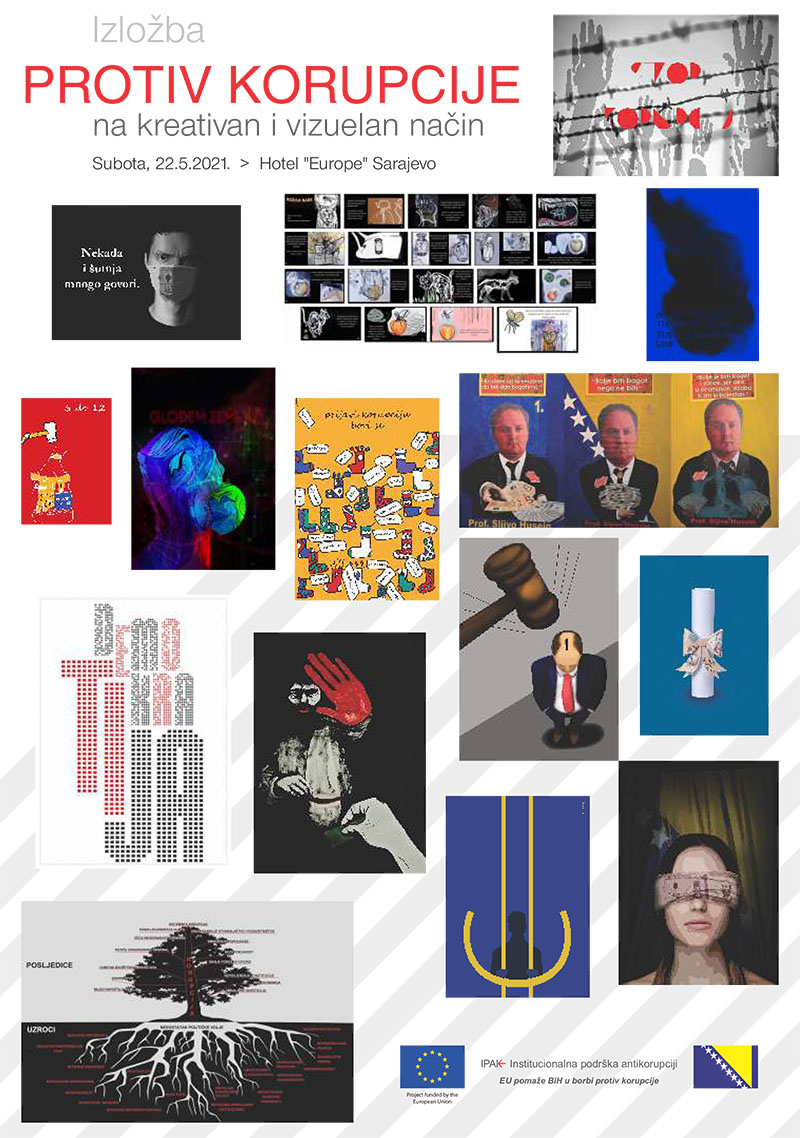 November 1, 2013
November 1, 2013
Final Conference ‘VET Support for Serbian Detention Facilities’
A conference was held in Belgrade on the 30th of October, to celebrate the successful completion of the EU-funded project ‘Vocational Educational Training Support for Serbian Detention Facilities’ implemented by the ECG-led Consortium during 2 years. The project resulted in the successful VET training of more than 500 convicts and the set-up of the VET system in the three major prisons in Serbia – Nis, Pozarevac and Sremska Mitrovica.
One of the key conclusions at the conference was that the Government should, in accordance with available means, provide the resources for the sustainability of the project and introduction of VET training programs throughout all prisons in Serbia. “That is one of the ways in which to contribute to a decrease in the number of prison recidivists, that is, to provide those convicts who have completed their VET training an equal opportunity to find employment, which promotes their reintegration to society”, said Damir Joka, from the Prison Administration of Serbia’s Ministry of Justice and Public Administration. He went on to say that convicts’ training are a protective mechanism of society, and that the sustainability of the training programs in all Serbian detention facilities should now be secured, in accordance with the available means.
Ms. Yolanda San Jose, head of Operations I at the Delegation of the European Union to the Republic of Serbia, expressed her contentment on the successful implementation of the project, adding that, for her personally, the “VET project has been one of the favourites”. She also stated that “for the EU education is a high priority, demonstrated by the two-million euro donation, since the EU views education as an investment, not as a cost”, pointing out further to the importance of education and training of convicted persons in particular.
At the conference, the project participants and representatives of the various institutions involved shared positive remarks on the overall implementation and quality of trainings. A great emphasis was placed on the well-established cooperation amongst all participants, in addition to the constructive approach and open communication of the entire project team. Besides the educational and correctional role, the vocational education and training of convicts is also important for the improved quality of time spent while serving of a prison sentence. The convicts have recognized their chance and it has resulted in high success levels – 95 % of trainees have successfully been trained for work.



